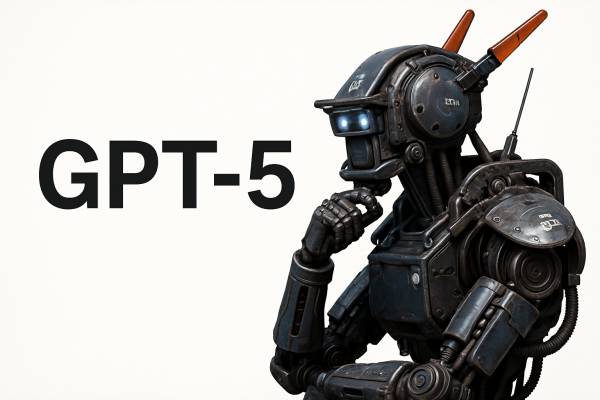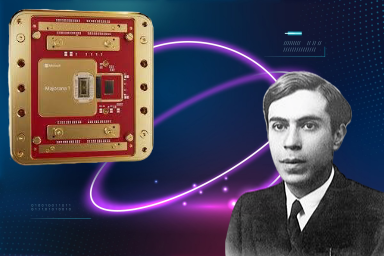Quantum networks have been very hard for developers because each hardware type needed its own software layer. In mid-March, a team from the Quantum Internet Alliance (QIA) announced a new quantum operating system called QNodeOS. Like classic operating systems, QNodeOS hides low-level hardware details and lets you build higher-level applications on different quantum processors. The first demo appeared online in Nature on March 12, 2025, and since then QNodeOS has become a hot topic in quantum network research.
The project is led by the QIA, with work from TU Delft’s QuTech lab (Netherlands), the University of Innsbruck, INRIA, and the French CNRS, under Prof. Dr. Stephanie Wehner. Hundreds of physicists, computer scientists and engineers joined forces to create a platform that brings the benefits of regular operating systems into the quantum world. Their goal is to let researchers and app developers focus on writing program logic instead of wrestling with different hardware.
QNodeOS has three main parts:
-
Classical Network Processing Unit (CNPU): runs normal code and manages program flow.
-
Quantum Network Processing Unit (QNPU): uses the NetQASM instruction set to control quantum operations.
-
QDevice layer: connects directly to the quantum hardware.
A component called the QDriver turns NetQASM commands into instructions specific to each platform, which keeps QNodeOS flexible and easy to expand.
So far, QNodeOS works on two quantum architectures: NV centers and trapped-ion systems. This means you can run the same application code on both types of hardware, without extra tuning. The QIA plans to add support for superconducting-qubit systems soon, making QNodeOS compatible with even more devices.
QNodeOS also offers useful features for growing quantum networks:
-
Multitasking: run several quantum applications at once to use expensive resources more efficiently.
-
Delegated quantum computing: send heavy computations to remote quantum servers.
Although QNodeOS is the first full operating system for quantum networks, other groups are building similar tools. Most of these only work on one hardware type and do not give a full, high-level view. QNodeOS is unique in being hardware-independent and providing a single, unified platform—an essential step toward a global quantum internet.
In the future, the QIA will improve QNodeOS by refining its scheduling algorithms for even better resource management and by expanding developer tools for faster prototyping. They also plan to integrate QNodeOS into the Quantum Network Explorer, an experimental environment, to test stability and performance at larger scales.



























